Home>Garden Essentials>How To Use Poppy Seeds


Garden Essentials
How To Use Poppy Seeds
Modified: March 24, 2024
Learn how to utilize poppy seeds in your garden with our comprehensive guide. Discover tips, techniques, and benefits of growing poppy plants and harvesting their seeds.
(Many of the links in this article redirect to a specific reviewed product. Your purchase of these products through affiliate links helps to generate commission for Storables.com, at no extra cost. Learn more)
Introduction
Welcome to the wonderful world of poppy seeds! These tiny, versatile seeds are not only packed with flavor but also possess numerous health benefits. Whether you are an avid baker, an adventurous cook, or just someone curious about trying new ingredients, poppy seeds offer a delightful addition to your culinary repertoire.
In this article, we will explore the fascinating world of poppy seeds, from their culinary uses to their health benefits. We will also delve into the process of making poppy seed oil and how these seeds have been traditionally used in medicine. So, let’s dive in and uncover the secrets of these delightful little seeds.
Key Takeaways:
- Poppy seeds add delightful flavor and texture to dishes, but be cautious of potential drug testing interference, allergies, and impact on health conditions. Enjoy them responsibly and consult a healthcare professional if needed.
- Incorporate poppy seeds into baking and cooking for a burst of flavor, but remember to store them properly for freshness. Experiment with different dishes and enjoy their unique taste and health benefits.
Read more: How To Get Poppy Seeds From A Poppy
Understanding Poppy Seeds
Poppy seeds are derived from the opium poppy plant (Papaver somniferum), which is native to the Mediterranean and Western Asia. These small, kidney-shaped seeds are harvested from the dried seed pod of the plant. They come in various colors, including black, white, and a mix of both.
Poppy seeds have a unique nutty and slightly sweet flavor, which adds depth to a variety of dishes. They are commonly used in European, Middle Eastern, and South Asian cuisines. The seeds are often used as a topping for bread, pastries, and desserts, or ground into a powder to incorporate into curries, sauces, and dressings.
Aside from their culinary uses, poppy seeds also have cultural and symbolic significance. In some cultures, these seeds are associated with fertility, luck, and abundance. They have also been used in ancient rituals and celebrations.
It is worth noting that poppy seeds contain minuscule amounts of morphine and codeine, both of which are alkaloids found in the opium poppy plant. While consuming poppy seeds in culinary quantities is safe for most people, it is essential to be mindful of their potential effects if you are under certain medications or have specific health conditions.
Now that we have a basic understanding of poppy seeds, let’s explore some essential safety considerations when using them in your cooking and baking endeavors.
Safety Considerations
When it comes to using poppy seeds, it’s important to be aware of certain safety considerations to ensure a pleasant and risk-free culinary experience.
One of the main things to keep in mind is that poppy seeds can sometimes contain trace amounts of opiates. While the levels are usually very low, it’s important to be cautious if you are subject to regular drug testing, as these tests can sometimes detect the presence of opiates. If you are in a situation where drug testing is a concern, it may be best to avoid consuming dishes or products containing poppy seeds.
Additionally, if you have any known allergies or sensitivities to seeds or nuts, it’s wise to exercise caution when consuming poppy seeds. Although rare, some individuals may experience allergic reactions or digestive issues after consuming poppy seeds.
Furthermore, pregnant women should exercise caution when consuming poppy seeds, as the alkaloid compounds present in these seeds may have an impact on the development of the baby. It’s always advisable to consult with a healthcare professional before incorporating new ingredients into your diet during pregnancy.
To ensure optimal freshness and safety, it’s recommended to purchase high-quality, reputable brands of poppy seeds from trusted sources. Proper storage is also important. Keep your poppy seeds in a cool, dark, and dry place to maintain their flavor and prevent spoilage.
By being mindful of these safety considerations, you can enjoy the culinary pleasures and health benefits that poppy seeds have to offer without any concerns.
Culinary Uses of Poppy Seeds
Poppy seeds are a versatile ingredient that can add a unique and delightful touch to a wide range of dishes. From baked goods to savory dishes, these tiny seeds offer a burst of flavor and textural contrast. Here are some popular culinary uses of poppy seeds:
- Baking: Poppy seeds are commonly used as a topping for bread, bagels, and pastries. They add a lovely crunch and nutty flavor. You can sprinkle a generous amount of poppy seeds on your homemade bagels or incorporate them into sweet bread and muffin recipes for an extra flavor boost.
- Desserts: Poppy seeds are excellent for enhancing the flavor of desserts. They are often used in cakes, cookies, and pastries, providing a pleasant contrast to the sweetness. Try adding them to lemon poppy seed muffins, almond poppy seed cake, or even in a rich and creamy poppy seed ice cream.
- Curry and Sauce: In Indian and Middle Eastern cuisines, poppy seeds are ground and added to curries and sauces to thicken and lend a unique flavor. They work particularly well in creamy sauces, such as kormas or white curries.
- Salads: Sprinkle some poppy seeds onto your salads to create a delightful crunch and subtle nutty flavor. They pair well with greens, fruits, and even cheese. Consider adding them to a spinach and strawberry salad or a Mediterranean-style salad.
- Dressing and Dips: Incorporate poppy seeds into your homemade salad dressings and dips for an added twist. They can provide a pleasant texture and a burst of flavor to creamy dressings, vinaigrettes, and even yogurt-based dips.
These are just a few examples of how poppy seeds can elevate your culinary creations. Feel free to experiment and get creative in the kitchen with these versatile seeds. Just remember to balance their distinct flavor with other complementary ingredients to achieve a harmonious taste sensation.
Baking With Poppy Seeds
Poppy seeds are a popular addition in baking, adding both flavor and visual appeal to a wide variety of sweet treats. Here are some tips and ideas for incorporating poppy seeds into your baking adventures:
- Muffins and Quick Breads: Add a delightful crunch and nutty flavor to your muffins and quick breads by mixing poppy seeds into the batter. Lemon poppy seed muffins are a classic example and always a crowd-pleaser.
- Cakes and Cupcakes: Whether you’re making a simple vanilla cake or a rich chocolate cake, poppy seeds can bring a unique twist to the flavor profile. Consider adding them to your cake batter or using them as a decorative topping.
- Pastries and Pies: From flaky pastries to creamy pies, poppy seeds can take your baked goods to the next level. Use them in fillings for danishes and croissants, or incorporate them into fruit pies for added texture.
- Breads and Bagels: Sprinkle poppy seeds on top of homemade bread or bagels to add a pleasing crunch and subtle nutty taste. You can also mix them directly into the dough for a more pronounced flavor.
- Cookies and Scones: Upgrade your cookie and scone recipes by adding a tablespoon or two of poppy seeds. They work particularly well with citrus flavors like lemon or orange.
When using poppy seeds in baking, it’s important to keep a few things in mind. Firstly, make sure to check the freshness of your poppy seeds before using them. Stale seeds can have a diminished flavor. Secondly, since the seeds are small and may not mix evenly throughout the batter, it’s a good idea to lightly grind them before adding them to your recipe. This will ensure better distribution of flavor and texture.
Lastly, be creative and experiment with different flavor combinations. Complement the nutty flavor of poppy seeds with citrus fruits, almonds, or even chocolate. The possibilities are endless, so let your imagination run wild!
Add poppy seeds to baked goods for a nutty flavor and crunchy texture. They can also be used as a topping for salads, yogurt, or oatmeal for added nutrition and a pop of flavor.
Read more: How To Save Poppy Seeds
Cooking With Poppy Seeds
While poppy seeds are commonly associated with baking, they can also be used to enhance the flavor and texture of various savory dishes. Here are some ideas on how to incorporate poppy seeds into your savory cooking:
- Coating for Meat and Fish: Use poppy seeds as a coating for chicken, fish, or tofu. Simply mix the seeds with bread crumbs, seasonings, and any other herbs you desire. This will create a crispy and flavorful crust when baked or fried.
- Dressing and Marinades: Add a teaspoon or two of poppy seeds to your homemade salad dressings or marinades. They will provide a pleasant crunch and a mild nutty flavor. Poppy seed vinaigrette is a popular choice and pairs well with green salads.
- Stir-fries and Sauteed Vegetables: Sprinkle poppy seeds on top of stir-fries or sauteed vegetables just before serving. This will add a subtle crunch and a burst of flavor. They work well with a variety of vegetables, such as broccoli, carrots, and snow peas.
- Sauces and Dips: Incorporate poppy seeds into your creamy sauces or dips for an interesting twist. They can be added to mayonnaise, sour cream, or yogurt-based sauces. This will provide a unique flavor and texture that pairs well with raw or grilled vegetables.
- Breaded Snacks: Create tasty breaded snacks by mixing poppy seeds into the breading mixture. This works especially well with cheese sticks, mushrooms, or zucchini fries. The poppy seeds will add a nice crunch and a subtle nutty taste to the snacks.
When cooking with poppy seeds, it’s important to keep in mind that their delicate flavor can be easily overwhelmed. Therefore, it’s best to use them as a complementary ingredient rather than the main focus of the dish. Start with a small amount and taste as you go, adjusting the quantity based on your personal preference.
Additionally, remember to store poppy seeds in a cool, dark place to maintain their freshness. This will ensure that they retain their full flavor and texture when you’re ready to use them.
Get creative in the kitchen and explore the unique taste and texture that poppy seeds can bring to your savory dishes. They provide a delightful twist that is sure to impress your family and friends.
Making Poppy Seed Oil
Poppy seed oil is a flavorful and aromatic oil that can be made at home using a simple extraction process. It’s a valuable ingredient in traditional cuisines and is known for its nutty and slightly sweet flavor. Here’s a step-by-step guide on how to make poppy seed oil:
- Gather Your Ingredients: You will need about 2 cups of dried poppy seeds, water, and a high-quality oil such as vegetable or sunflower oil.
- Prepare the Poppy Seeds: Place the dried poppy seeds in a bowl and cover them with warm water. Let them soak for about 15-20 minutes. This will help soften the seeds and release their natural oils.
- Drain and Blend: After soaking, drain the water from the poppy seeds. Use a blender or food processor to grind the seeds into a coarse paste. Make sure not to overblend, as you want to retain some texture in the paste.
- Extract the Oil: Transfer the ground poppy seed paste into a cheesecloth-lined strainer or a fine-mesh sieve. Squeeze the paste tightly to release the oil into a bowl or container. This may take a bit of effort, but be patient—it’s worth it!
- Separate the Oil: Allow the mixture to sit undisturbed for a while to let the oil separate from any remaining solids. Once separated, carefully pour the oil into a clean, airtight container, leaving behind any sediments at the bottom.
- Store and Enjoy: Seal the container and store the poppy seed oil in a cool, dark place. It will keep for several weeks, during which the flavors will intensify. Use the oil in a variety of dishes, such as salads, dips, or drizzle it over roasted vegetables to add a unique and nutty flavor.
It’s essential to note that while poppy seed oil can be made at home, it’s also readily available in specialty stores and online. Store-bought options may undergo a more refined extraction process, resulting in a longer shelf life and a milder flavor.
Experiment with different quantities of poppy seeds and oil to achieve your desired flavor intensity. Feel free to add other herbs or spices to infuse the oil with additional flavors and enhance its versatility in your cooking.
Making poppy seed oil at home is a rewarding endeavor that allows you to enjoy the distinct taste and aroma of this unique oil. Give it a try, and elevate your culinary creations to new heights!
Health Benefits of Poppy Seeds
Poppy seeds not only add a delightful taste and texture to dishes, but they also offer numerous health benefits. Packed with essential nutrients and compounds, here are some of the key health benefits associated with consuming poppy seeds:
- Dietary Fiber: Poppy seeds are an excellent source of dietary fiber, which aids in digestion and helps maintain a healthy digestive system. Fiber can also promote feelings of fullness, making it beneficial for weight management.
- Mineral Content: Poppy seeds are rich in minerals like calcium, iron, magnesium, and zinc. These minerals play critical roles in maintaining healthy bones, boosting energy levels, supporting the immune system, and promoting overall well-being.
- Essential Fatty Acids: Poppy seeds contain a good amount of omega-3 and omega-6 fatty acids, which are essential for brain health, reducing inflammation, and promoting heart health. These fatty acids are also important for maintaining healthy skin and hair.
- Antioxidants: Poppy seeds are a good source of antioxidants, including flavonoids and phenolic compounds. These antioxidants help protect the body against oxidative stress and damage caused by harmful free radicals, thereby reducing the risk of various chronic diseases.
- Vitamin Content: Poppy seeds are rich in vitamins such as vitamin B1 (thiamine), vitamin B3 (niacin), and vitamin E. These vitamins are essential for maintaining proper cellular function, supporting metabolism, and promoting healthy skin and hair.
- Boosted Mood and Mental Health: Poppy seeds contain compounds that may help promote relaxation and improve mood. These seeds have been used in traditional medicine for their potential stress-relieving and mood-enhancing effects.
While poppy seeds offer various health benefits, it’s important to consume them in moderation as part of a balanced diet. As with any food, it’s always advisable to consult with a healthcare professional if you have any specific health concerns or dietary restrictions.
Whether you sprinkle them on a salad, incorporate them into baked goods, or use them in cooking, adding poppy seeds to your meals can be a delicious way to introduce these healthful benefits into your diet.
Poppy Seeds in Traditional Medicine
Poppy seeds have a long history of use in traditional medicine practices. While their medicinal properties are not as widely studied as their culinary use, they have been valued for their potential therapeutic effects. Here are some ways in which poppy seeds have been traditionally used in medicine:
- Pain Relief: The opium poppy plant from which poppy seeds are derived contains compounds such as morphine and codeine, which are known for their analgesic properties. However, it’s important to note that the concentration of these compounds in poppy seeds is relatively low and not at levels that would provide significant pain relief.
- Respiratory Health: Poppy seeds have been traditionally used to help soothe coughs and respiratory ailments. They may have expectorant qualities that help loosen mucus and alleviate congestion.
- Sleep Aid: Due to their potential sedative properties, poppy seeds have been used as a natural remedy to promote relaxation and aid in sleep. However, caution should be exercised, as excessive consumption of poppy seeds may have stronger sedative effects.
- Anti-inflammatory Effects: Poppy seeds contain compounds that may possess anti-inflammatory properties. These properties could be beneficial for easing minor inflammations or discomforts.
- Digestive Aid: In traditional medicine, poppy seeds have been used to aid digestion by improving bowel movements and relieving constipation. The high fiber content of the seeds may contribute to their potential digestive benefits.
It’s important to note that while poppy seeds have some potential medicinal properties, it is crucial to take proper precautions and consult with a healthcare professional before using them as a remedy. Additionally, it is not recommended to rely solely on poppy seeds for medicinal purposes, as there are more researched and proven alternatives available.
As with any natural remedy, it is essential to use poppy seeds responsibly and follow recommended guidelines. It’s always best to consult with a qualified healthcare practitioner and inform them of any existing medical conditions or medications you may be taking.
While their traditional medicinal uses are intriguing, it’s crucial to approach poppy seeds with caution and prioritize their culinary enjoyment over their potential medicinal benefits.
Read more: How To Stratify Poppy Seeds
Conclusion
Poppy seeds are not just a flavorful addition to our culinary creations but also offer various health benefits and have a rich history in traditional medicine. From their unique nutty flavor to their potential therapeutic properties, poppy seeds have captured the interest of both food enthusiasts and health-conscious individuals.
Whether you choose to incorporate poppy seeds into your baking, cooking, or even explore their potential medicinal uses, it’s important to do so responsibly and in moderation. Enjoy them as a delightful ingredient that adds depth and texture to your dishes, while also reaping the benefits of their high fiber content, essential fatty acids, minerals, and antioxidants.
However, it’s essential to be aware of safety considerations, especially in regards to potential drug testing interference, allergenic reactions, and their impact on certain health conditions. Always consult with a healthcare professional for personalized advice.
So, the next time you come across those tiny, flavorful poppy seeds, don’t hesitate to experiment in the kitchen or explore their potential health benefits. Embrace the versatility and unique taste that these seeds bring, and let them enhance your culinary adventures and well-being.
Remember, poppy seeds are not just a garnish, but a delightful ingredient that adds a delightful touch to your dishes and opens up a world of flavor possibilities.
Frequently Asked Questions about How To Use Poppy Seeds
Was this page helpful?
At Storables.com, we guarantee accurate and reliable information. Our content, validated by Expert Board Contributors, is crafted following stringent Editorial Policies. We're committed to providing you with well-researched, expert-backed insights for all your informational needs.
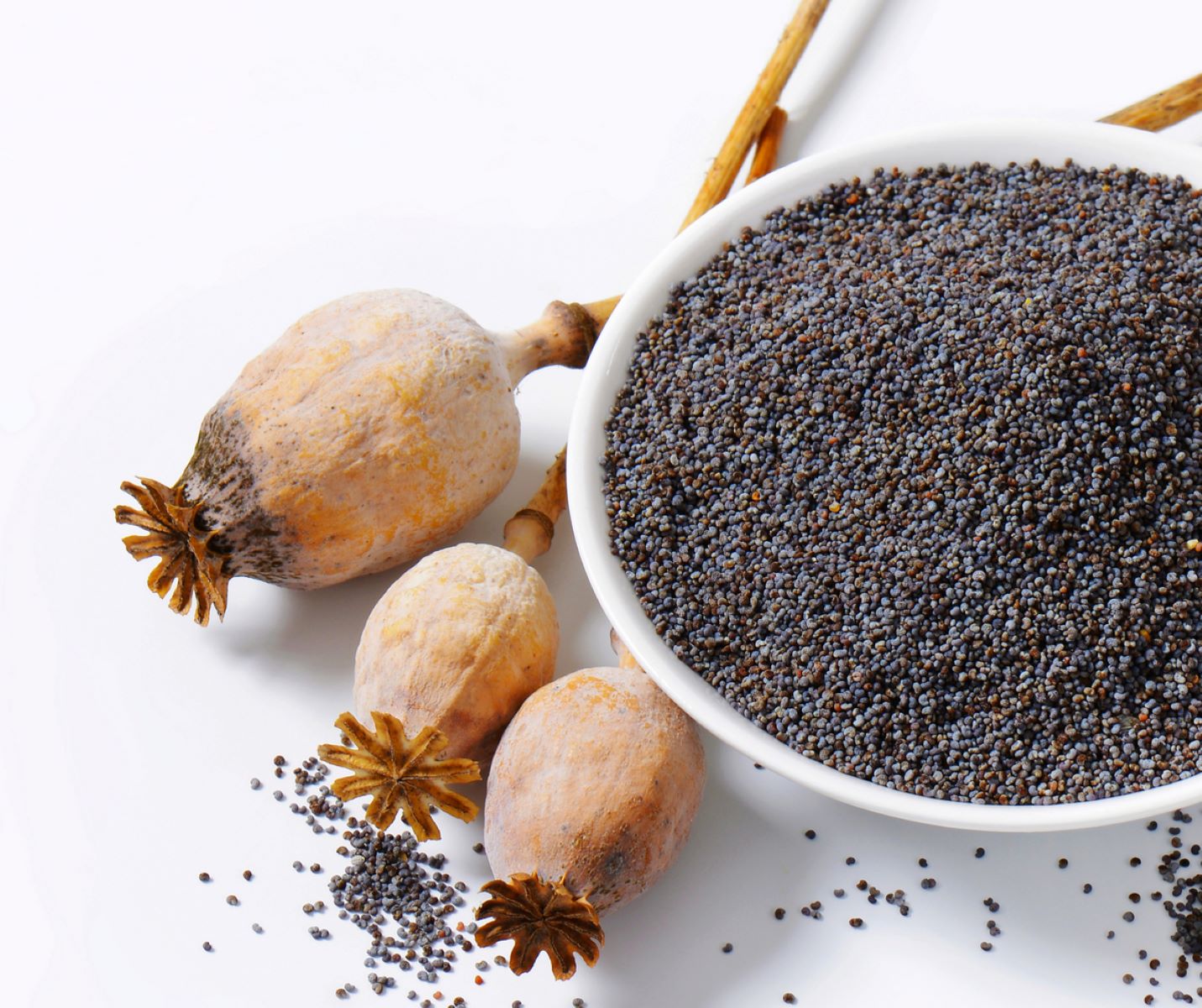
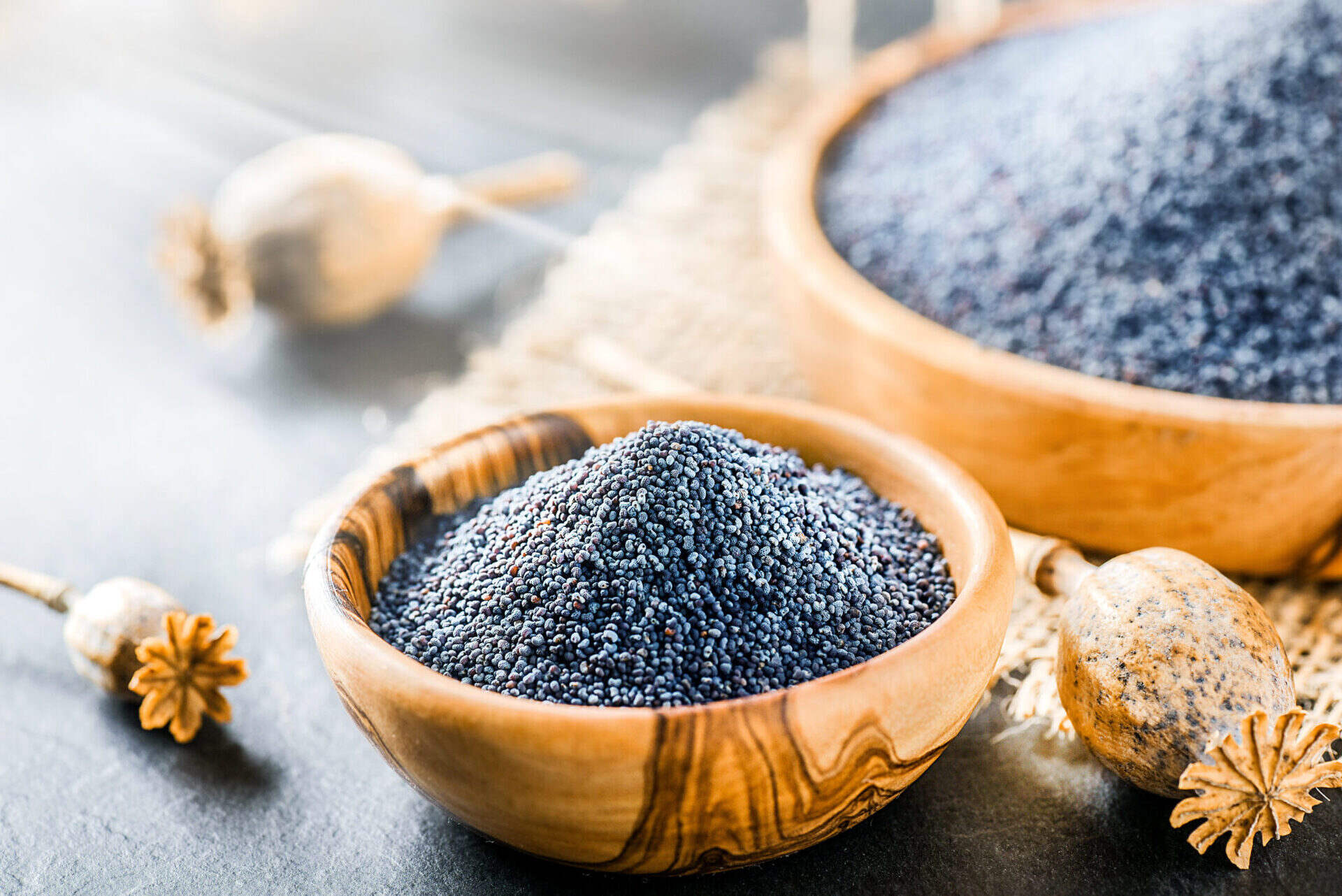

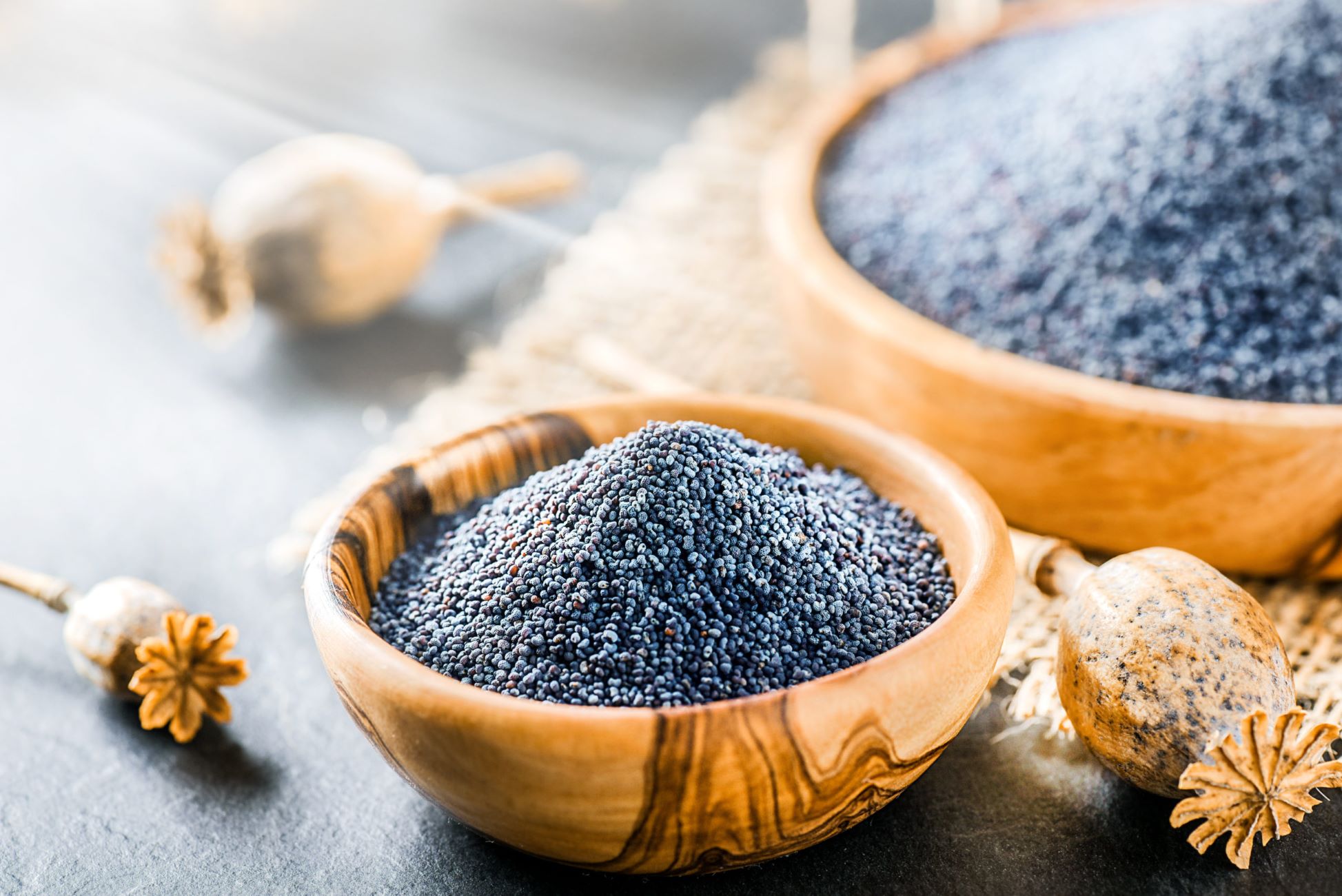
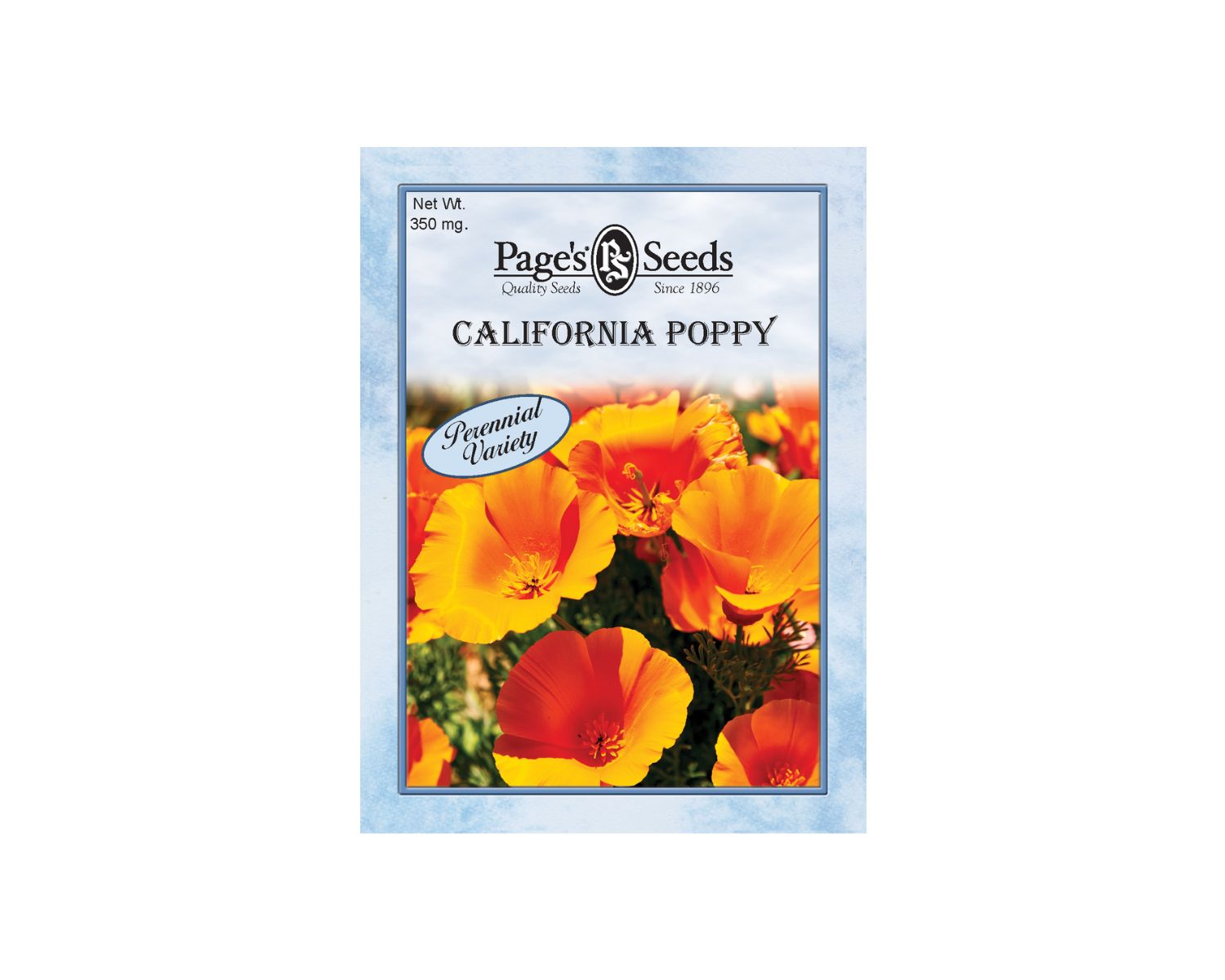

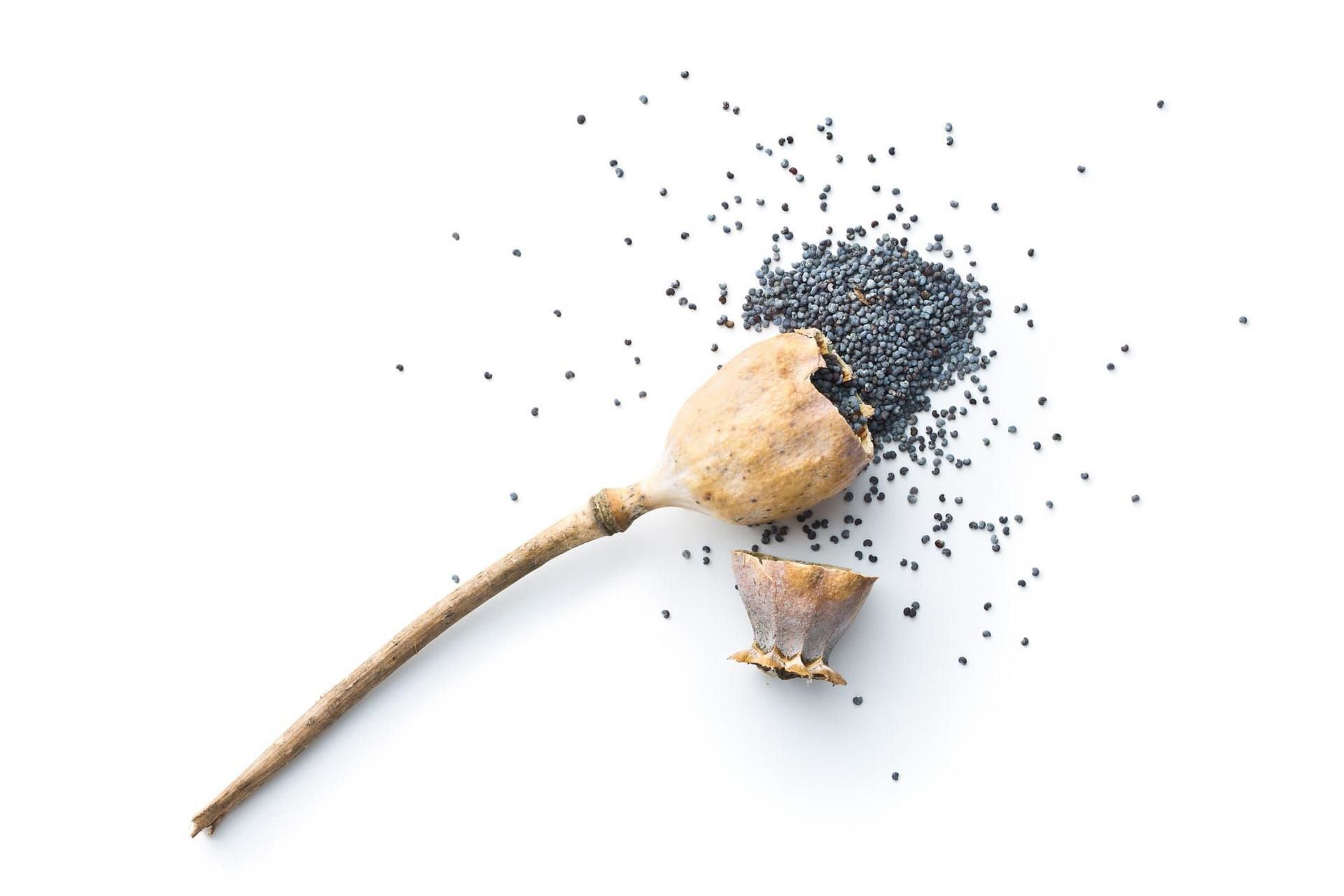

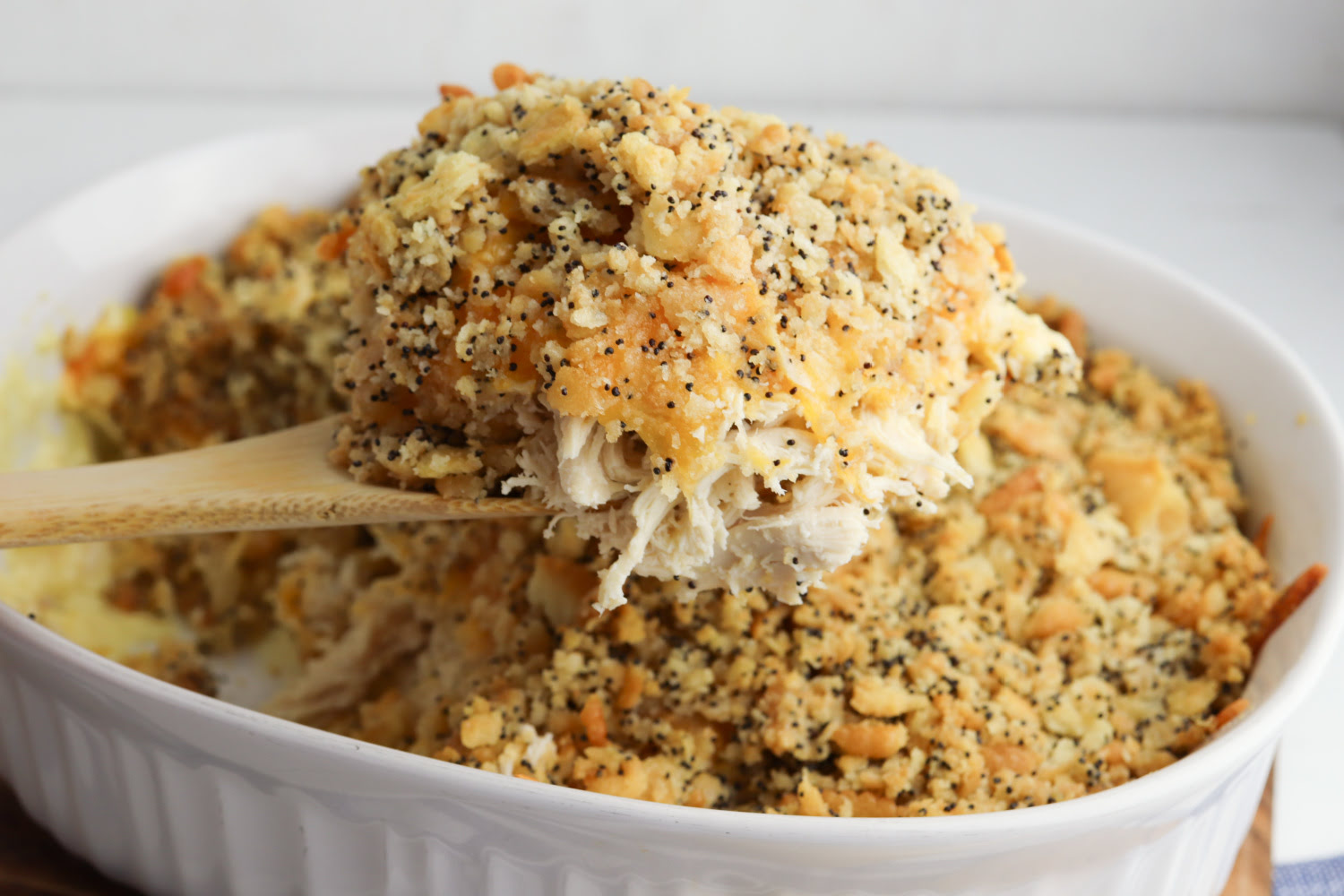

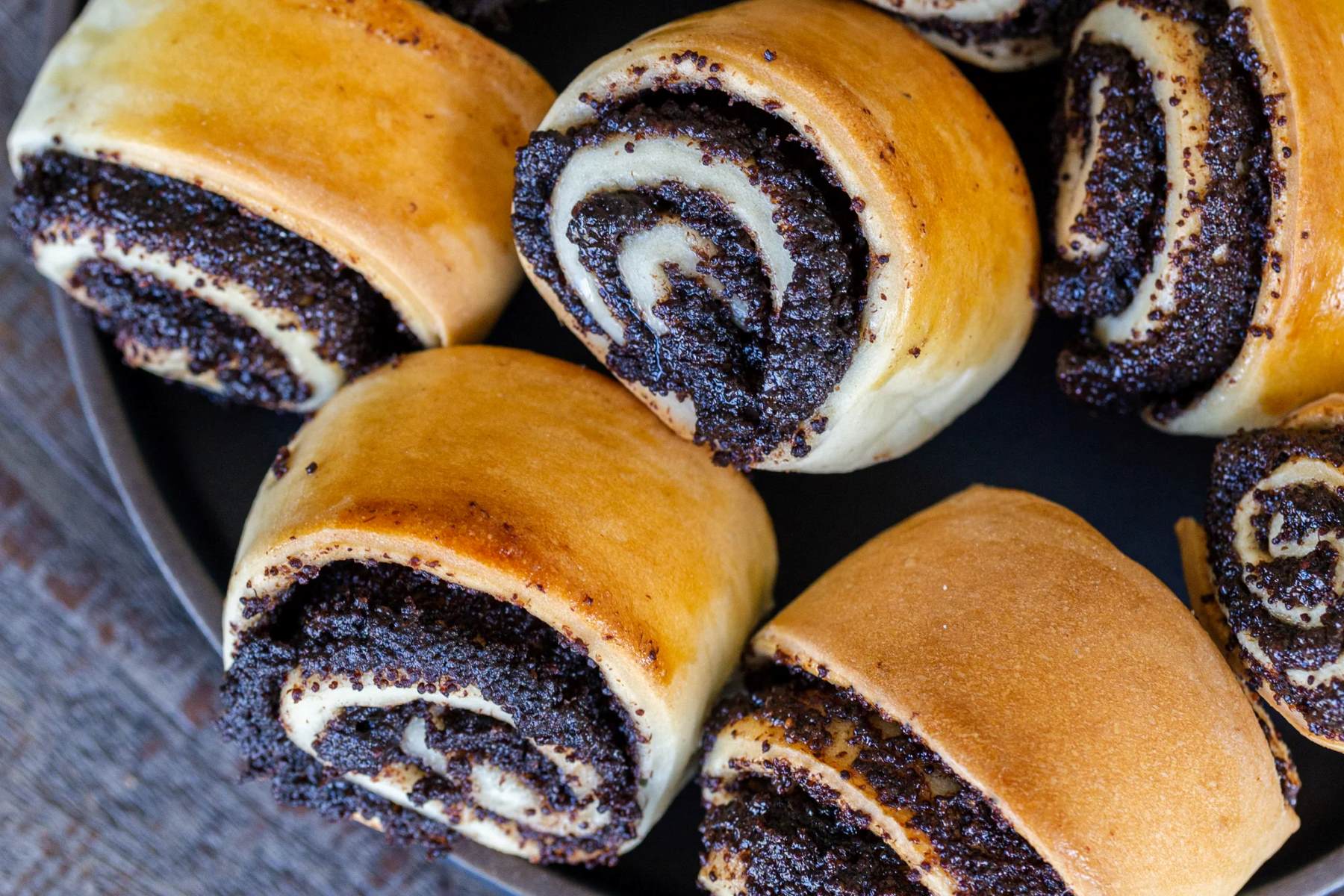
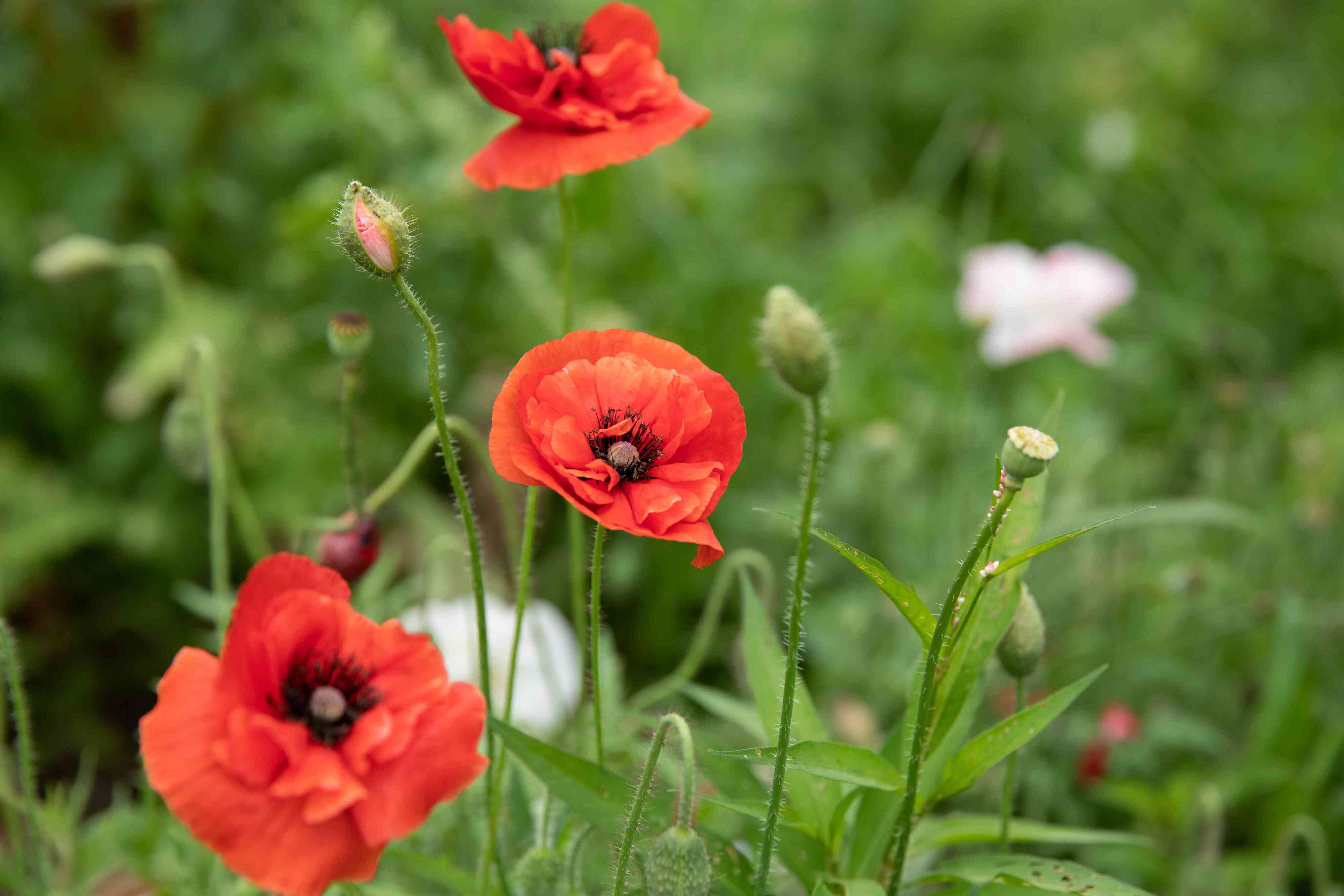
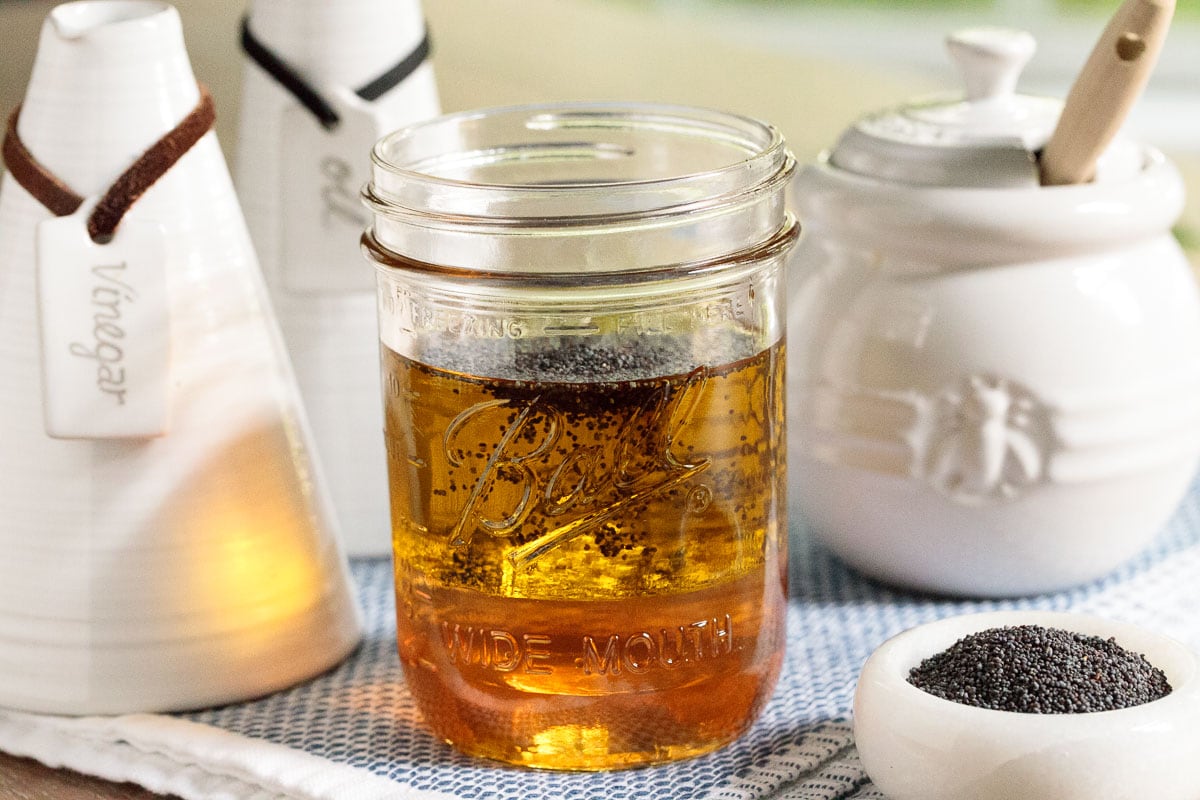

0 thoughts on “How To Use Poppy Seeds”